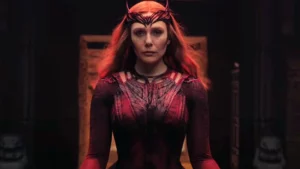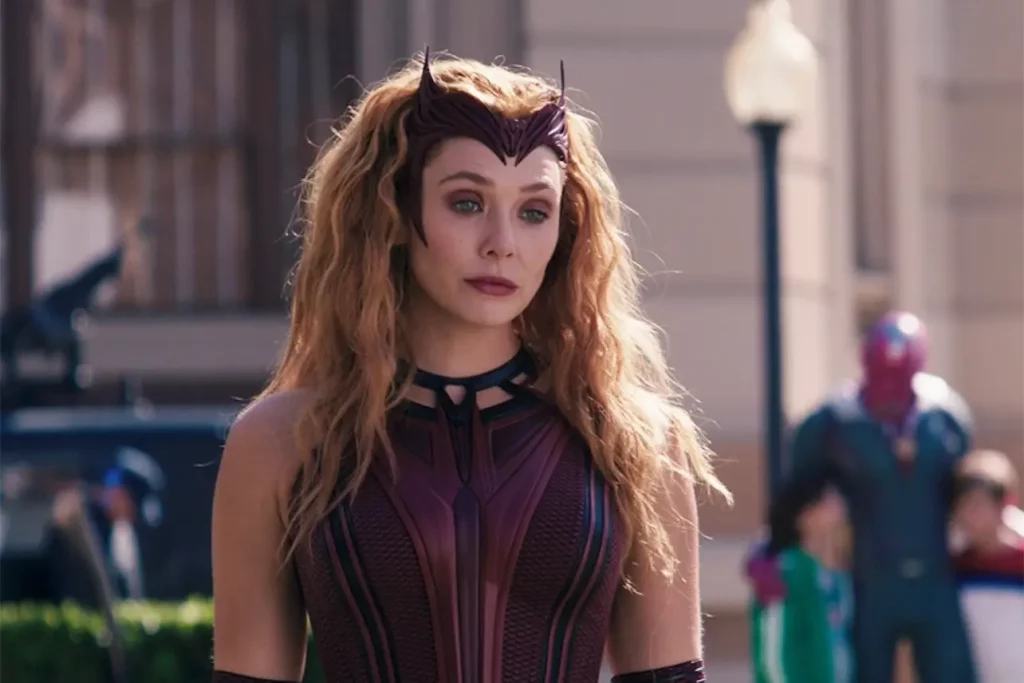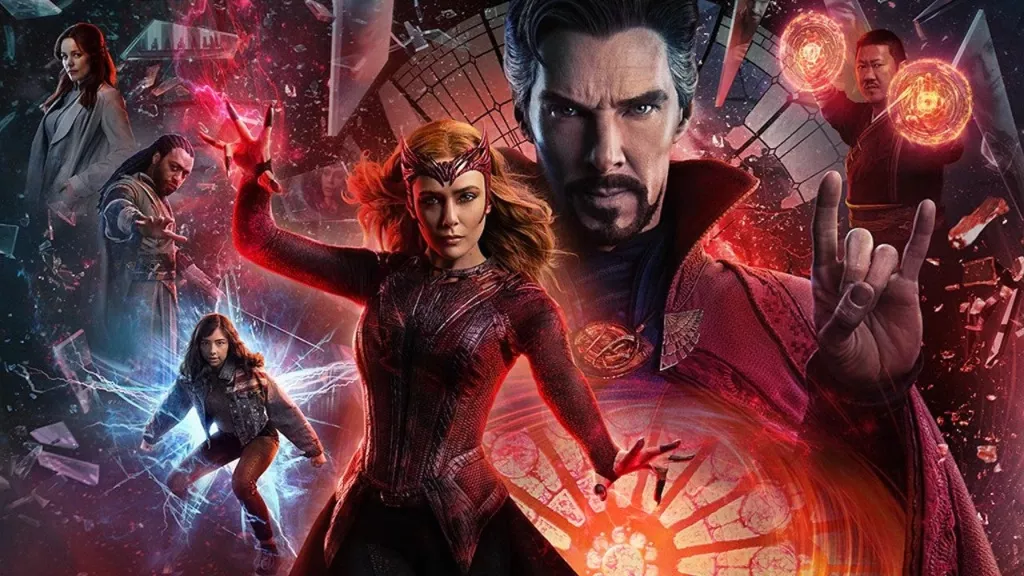Generation Black TV - Live
Not My Wanda: A closer look at Doctor Strange’s Scarlet Witch
Why are female character arcs so often thrown to the wayside?
Warning: Spoilers
Doctor Strange in the Multiverse of Madness has had overwhelmingly positive reviews from fans, movie critics and cinema-goers alike. The movie also scores a very respectable 74% on the renowned movie recommendation site Rotten Tomatoes. And yet, despite its refreshing (albeit low-key) LGBT representation, the wealth of cameos and the MCU dipping into horror, something didn’t feel quite right about Wanda.
Since the announcement of Wanda’s inclusion in the film, there were rumours she might be the villain in this story. For many fans, this came as a shock and the speculated character arc’s credibility was widely disputed; Wanda as the villain of the piece just didn’t feel emotionally satisfying.
WandaVision was a beautiful treatise on what grief piled on top of trauma could do to a person with exorbitant superpowers. We saw Wanda, unable to deal with Vision’s death, telepathically manipulate an entire town. She used them as puppets while she play-acted a sitcom existence as a coping mechanism. Through that series, we saw her come to terms with the loss of Vision, defeat the combined forces of Agatha Harkness and S.W.O.R.D, and show a genuine (yet subtle) remorse for how she had treated the town’s people.
Then, Doctor Strange in the Multiverse of Madness chucked all that character development in the bin and made her a straight-up villain.

Wanda © Marvel Studios
There’s a phrase you sometimes hear in screenwriting circles; when a fictional individual makes a choice or action so far out of character for them, that it ‘breaks the character’. This version of the Scarlet Witch is a good example of this problem. Wanda wants to be with her boys Billy and Tommy (who she knows are fictional) so badly that she’s happy to kidnap a teenage girl and absorb her power, thereby killing her.
And, while it’s definitely plausible that becoming a parent could become anyone’s villain origin story, the film didn’t go far enough to explain why Wanda couldn’t just sit down with America Chavez and teach her to control her power in exchange for a one-way trip to a world where Billy and Tommy are in need of a mum. One conversation would have solved this whole thing.
As a result, the emotional beats don’t seem to land either. The script felt like it needed Jac Shaeffer, head writer of WandaVision to take a pass at it in order for those moments to land properly.
And, before the true believers come to the movie’s defence, yes, to some extent this Wanda is reflective of her comic book counterpart. The House of M storyline has her doing even stranger things in pursuit of children she knows deep down aren’t real. But, Marvel Studios has always had a relaxed approach when it comes to adapting the source material. The Civil War storyline in the comics has Captain America dying at the end, though Marvel changed that story point because it didn’t serve the overall narrative they were trying to tell.

Wanda © Marvel Studios
It’s such a shame then, to see Wanda’s arc sacrificed on the altar of spectacle. To see a fan favourite like Wanda Maximoff treated so poorly, to see her redemption and character growth lead to this is nothing short of disheartening. For the majority of the film’s running time, she kills a lot of people purely as collateral damage. There’s a handwave attempt to justify this by saying that she read the Darkhold, (a mythic text full of evil spells) and whoever reads the book will ultimately become corrupted by it. However, Strange does the same thing, and whilst he does indeed grow a freaky third eye, he does not become a genocidal killing machine.
Admittedly, by the end, Wanda realises the error of her ways and as penance brings down an ancient temple on top of herself. No heartfelt last words, no funeral scene, barely an acknowledgement that she’s gone. And the audience isn’t naïve on this point, they know Marvel could easily bring Wanda back from the dead and redeem her. But, even if they did, it would be difficult for it to not feel a little hollow.


